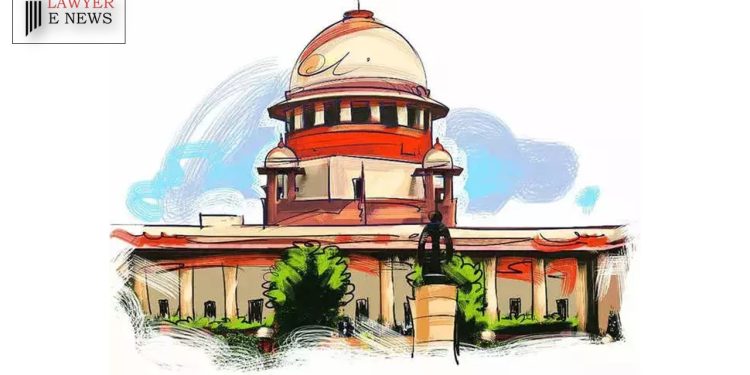Supreme Court Acquits Accused Due to Delay in FIR Lodging and Non-Explanation of Injuries: “Benefit of Doubt”

In a significant judgment, the Supreme Court of India acquitted several accused individuals, highlighting the impact of delayed First Information Reports (FIRs) and the non-explanation of injuries sustained by the accused. The bench, comprising Justices B.R. Gavai, Vikram Nath, and Sanjay Karol, emphasized the principle of “benefit of doubt” in criminal cases. The court found that the delay of at least four hours in lodging the FIR and the prosecution’s failure to explain the injuries raised serious doubts about the genuineness of the case.
Citing the judgment, the court emphasized the importance of immediately lodging an FIR, considering it as a valuable piece of evidence that provides crucial information about the circumstances, the accused, and the witnesses involved. The prompt registration of an FIR not only removes suspicion of over implication but also lends credibility to the prosecution’s case, particularly in situations involving conflicts between groups.
The court further noted that the non-explanation of injuries sustained by the accused assumes significance in murder cases. It observed that such non-explanation can lead to various inferences, including the suppression of the genesis and origin of the incident. The bench recognized the existence of previous enmity between the parties, underscoring that it could provide both motive and a potential for false implication.
Highlighting the classification of oral testimony, the court explained that while wholly reliable or wholly unreliable witnesses present no difficulty in reaching a conclusion, the challenge arises when testimony falls into the third category—partly reliable and partly unreliable. In such cases, the court must exercise caution, seek corroboration from reliable sources, and separate credible evidence from unreliable claims.
Considering the specific circumstances of the case, including the delay in lodging the FIR and the absence of the accused’s names in contemporaneous documents, the court concluded that the possibility of false implication could not be ruled out. Consequently, the bench acquitted the accused individuals, holding that their conviction based solely on oral testimony without sufficient corroboration would not be sustainable.
Date of Decision: March 14, 2023
NAND LAL AND OTHERS THE STATE OF CHHATTISGARH





